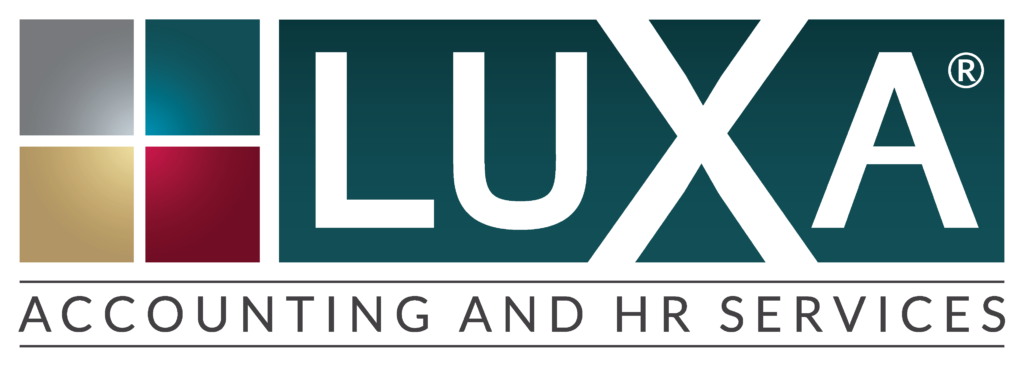Simplifying your cloud based accounting practices is easier when you have good credit. Paying your bills on time ensures keeping your credit score higher. Although costly, once you’ve gotten in financial disaster, it is quite possible to save your financial future.
According to Bills.com,
“Credit scores are calculated based on factors including:
Repayment history – A history of not paying debts, or not paying on time each month, will lower scores.
Amount of credit used – Credit lines near their limits, or maxed out, negatively affect credit scores.
Amount of overall debt – Too much debt makes it less likely you could pay off additional debt. Too little debt offers creditors limited payment history, making it difficult to judge credit worthiness.”
Obtaining and using a credit card, then paying it on time will boost your credit up if you have poor credit or no credit at all. There are different kinds of credit cards that can help you achieve this goal;
- Secured Credit Card — A Card secured with a deposit.
- Standard Credit Card — A card which allows a revolving balance up to your credit limit.
- Balance Transfer Credit Card — Promotional rates for a period of time make this a good card for lowering your credit card balances.
- Rewards Credit Card — Cash back, points, and travel are some of the rewards you get for using this credit card for purchases.
- Student Credit Card — Students looking for their first credit card may find this is a lower interest choice.
- Subprime Credit Card — The worst of all the cards because they have a high-interest rate. People with very poor credit often get these cards because it’s the only kind of credit they can get.
- Prepaid Card — Deposited funds that reflect the card balance. Credit Card can only be charged for up to the amount originally deposited.
- Limited Purpose Card — These cards can only be used at specific locations or for specific items like gas, clothing, or tools. Usually given out by specific retail stores.
- Business Credit Card — Cards intended for business utilization. Businesses can monitor their purchases much simpler with this card.
There are features that you will notice with every credit card. Those include;
- Credit Limit — The amount of money you can charge.
- Balance — The amount of money you owe.
- APR — Annual Percentage Rate or the amount of interest you will pay to retain a balance on the card.
- Grace Period — The amount of time you have to pay the card without interest being applied to the card balance.
- Rewards and Perks — Not all cards will have this feature, but if it does, you will see how many rewards or perks you have gained by using the credit card.
- Credit Card Fees — Expenses such as annual fees, interest, late fees, and over-the-limit fees.
Get to know your credit, then use credit cards to raise your credit score. There are plenty of sites out there that let you check your credit but there are three major consumer reporting agencies that compile your credit. Those agencies are;
Once you get informed about your personal or business credit, you’ll be on the road to saving money with lower interest rates. Take the time to investigate your own personal and business credit scores.
When setting up your cloud based accounting software system, consider the professionals at bill.com.


